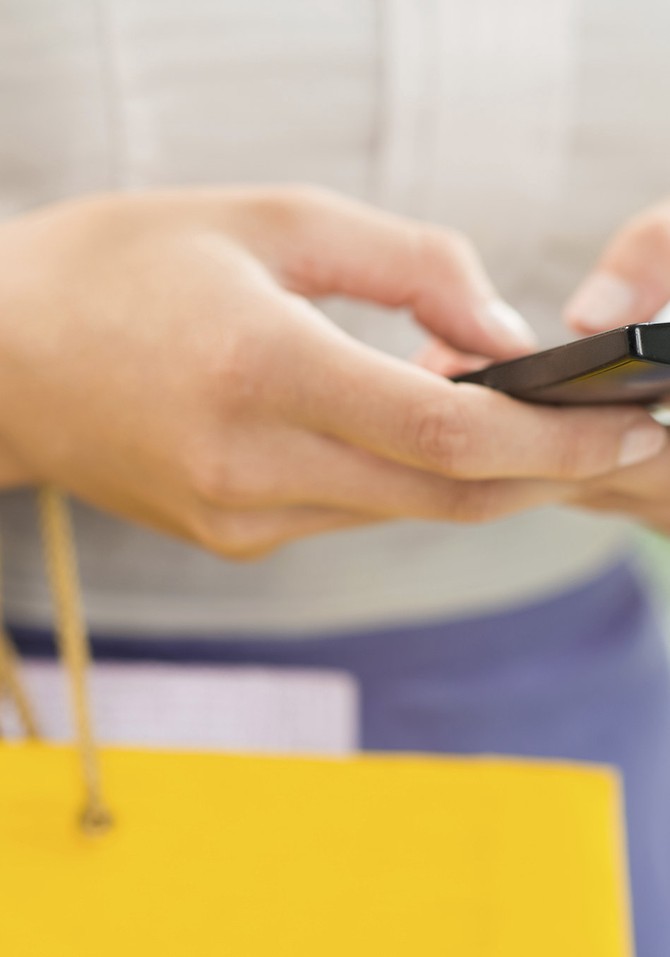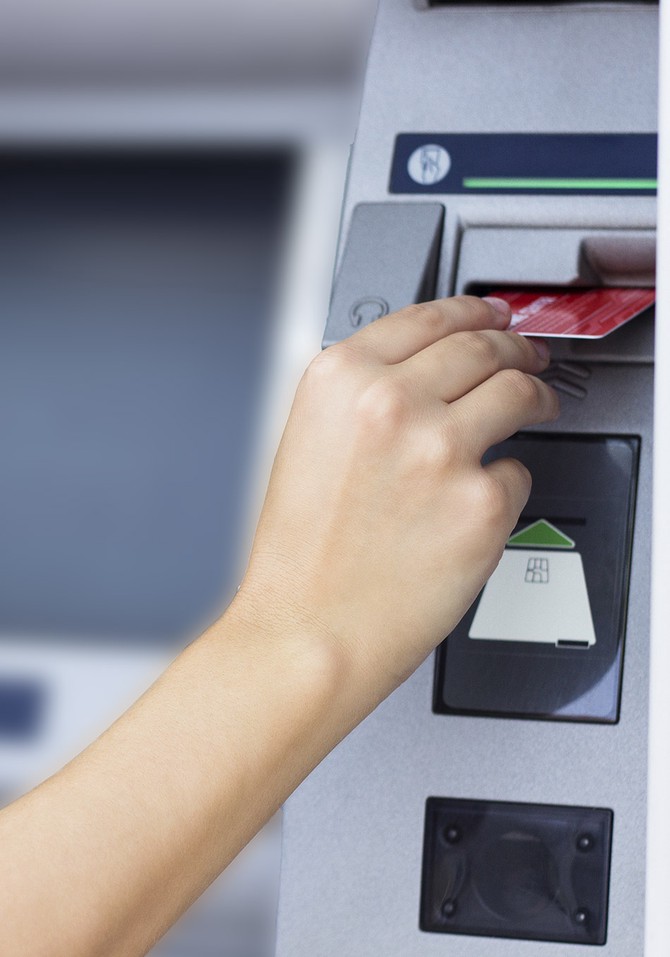Are You a Toxic Spender?
We all try to make the kind of financial decisions that lead to healthy savings accounts, but these five things can corrupt our best intentions.
By Candace Braun Davison

Photo: DragonImages/iStock/Thinkstock
You Can't Resist a New Alert on Your Cell Phone
The next time you're comparison shopping, you may want to put your phone on silent. Little interruptions when you're trying to make a decision (like, say, the ping of an email or text) can push you to hastily buy something—and regret it later, a 2014 study from the Journal of Consumer Psychology found. Even if you'd ultimately make the same choice, that lingering feeling that you didn't think through all of your options first can give you an even stronger sense of buyer's remorse.

Photo: ginettegagne/iStock/Thinkstock
Your Short-Term Memory Looks Like Swiss Cheese..
That Sharknado 2 box set is staring you right in the face, and you want it. Bad. So bad, in fact, that you may trick yourself into thinking it's been "forever" since you last treated yourself and splurge. A June 2014 study from the Journal of Consumer Research found that people tend to distort memories of what they've done in the past to justify indulging in what's right in front of them. There's nothing wrong with treating yourself, but if your spending is creeping up, this could be the sneaky reason why.
One way to curb it? Try scrolling Instagram before you make up your mind. We often snap photos of life's everyday rewards, so the app can be a useful reminder of whether you treated yourself last week—or within the last 12 hours.
One way to curb it? Try scrolling Instagram before you make up your mind. We often snap photos of life's everyday rewards, so the app can be a useful reminder of whether you treated yourself last week—or within the last 12 hours.

Photo: Jupiterimages/Stockbyte/Thinkstock
...While Your Distant Past Is All Too Close
That red fishing rod may remind you of summers at your family's lake house, but before you decide to buy it, think about how you'll use it a year from now. Feelings of nostalgia make people willing to spend more for a product, reported a July 2014 study. When the study's participants thought about the present or future first, the item seemed less valuable, making this an easy way to check your spending before you hit the checkout line.

Photo: moodboard/Thinkstock
You Keep Forgetting to Tackle Those Piles of Who-Knows-What
If you're waiting until your turn to host the book club to tidy up those cluttered corners in your den, you should know that in addition to being unsightly, they can also spur impulse buys, often for more than what you'd normally spend on an item. A December 2013 study found that people were willing to pay more for items when they were in a disorganized room than a clean one. The chaotic surroundings make people feel like they have little control over the world around them, and by extension, their lives, so they make rush decisions to make up for it, the authors wrote.

Photo: sanjagrujic/iStock/Thinkstock
You'll Pay $49 for $15 Takeout
We all try to avoid overdraft fees, but when was the last time you took a look at how much they truly cost you? Most of the purchases that trigger an overdraft fee total $24 or less, while the median fee people were hit with was $34—and the original amount is usually repaid within three days, according to a study from the Consumer Financial Protection Bureau. As the report notes, that's like taking out a loan with a 17,000 percent APR.
Published 09/09/2014

